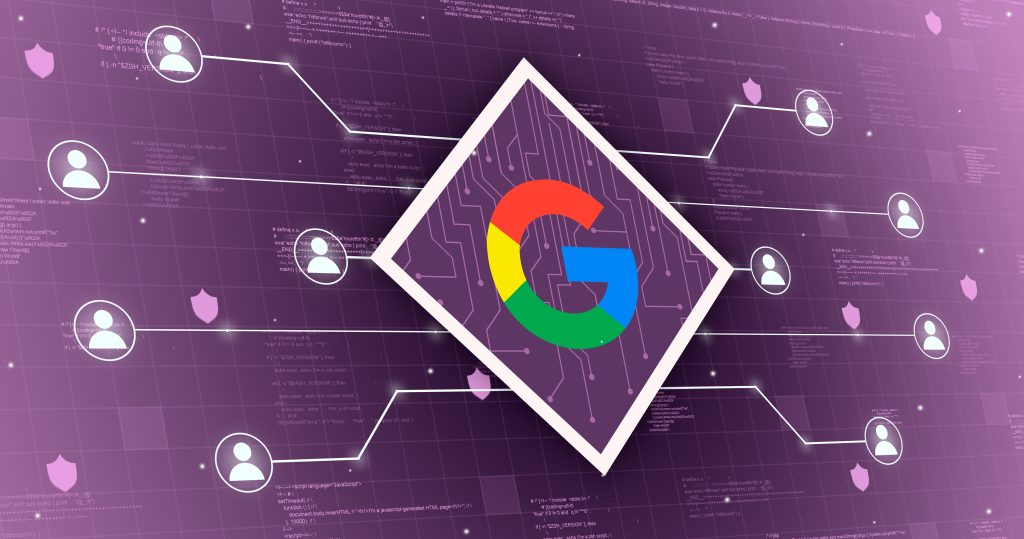Google postpones elimination of third-party cookies in Chrome to 2025
Google delayed removing third-party cookies in Chrome until 2025 due to privacy concerns amidst ongoing regulatory scrutiny.

Google has announced another postponement of its plan to phase out third-party cookies in its Chrome browser, with the new target set for 2025. This adjustment marks another delay in a series of postponements that began with the initial announcement in January 2020.
Google attributes the latest delay to significant feedback from various stakeholders, including industry experts, regulators, and developers, which has highlighted the complexities of removing third-party cookies without disrupting the digital advertising ecosystem. The tech giant has emphasized its commitment to working closely with the entire ecosystem to address these challenges while enhancing consumer privacy protections through its Privacy Sandbox initiative.
The Privacy Sandbox project is Google’s response to the need for a balanced approach that respects user privacy while allowing advertisers to effectively reach their audiences. It is a collection of technologies aimed at creating a more private web browsing experience. Despite its progress, Google acknowledges the necessity of additional time to ensure that all parties can adapt to the changes without significant disruptions.
This decision comes in the context of ongoing scrutiny and regulatory review, particularly from bodies like the UK’s Competition and Markets Authority (CMA), which has emphasized the importance of ensuring that new technologies do not stifle competition.
The extended timeline is intended to allow public discussion and engagement with regulatory authorities and publishers and the advertising industry to migrate their services responsibly. Google’s approach aims to preserve the vitality of the web ecosystem while phasing out technologies that compromise user privacy.
